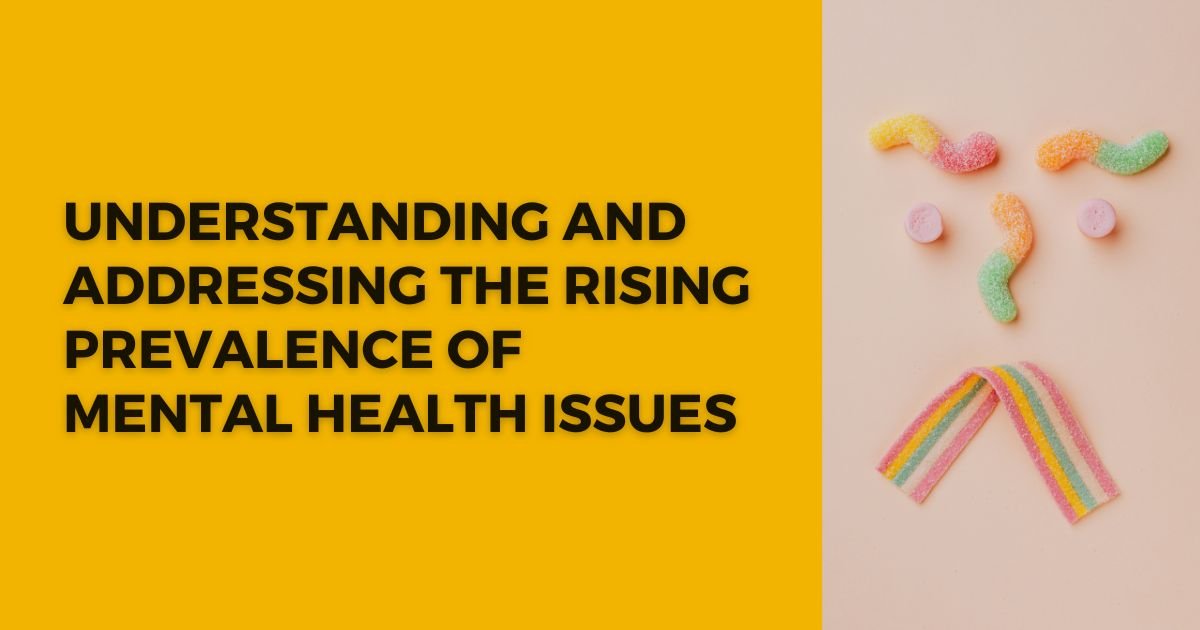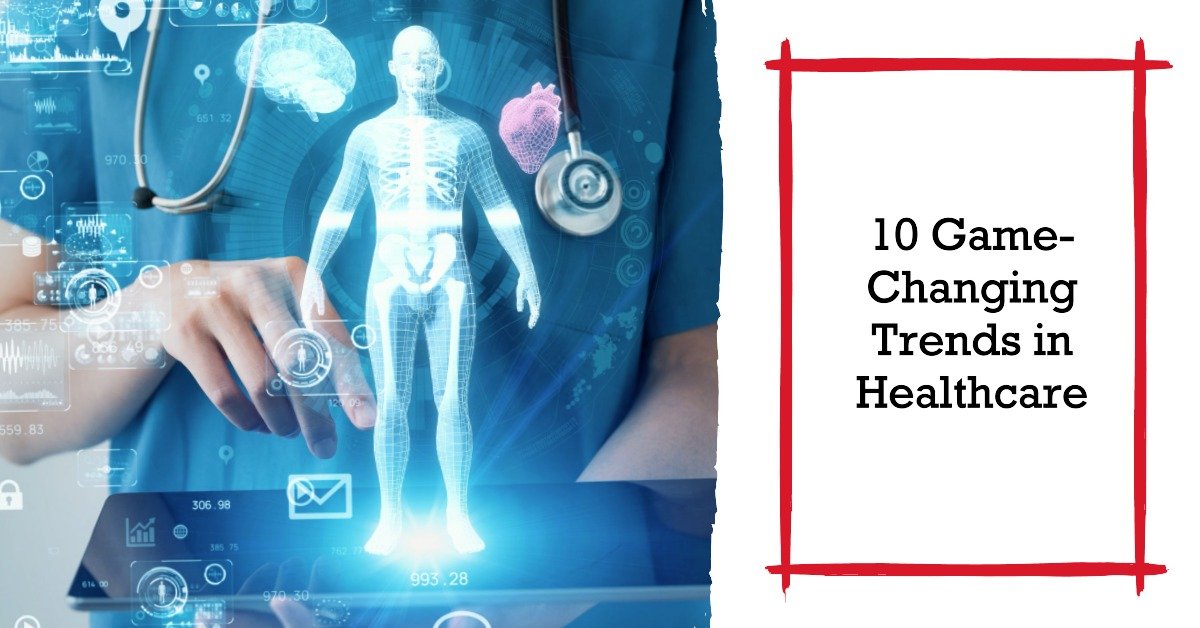The healthcare industry is always progressing, and it’s crucial for both healthcare professionals and patients to be aware of the latest developments. In this article, we’ve covered ten trends that are making a significant impact on the field of healthcare, from innovative technological advancements to an increased focus on preventive care. It’s essential to keep up with these changes to ensure that you’re receiving the best possible care and treatment.
Table of Contents
Telemedicine
In today’s world, telemedicine is revolutionizing the way patients receive medical care. With video conferencing, phone calls, and messaging, patients can now connect with healthcare professionals from the comfort of their own homes. Telemedicine has proven to be especially valuable during the COVID-19 pandemic, as it helps to reduce the risk of exposure and provides a convenient way for patients to access healthcare.
Personalized medicine
In today’s healthcare, there have been significant developments in genetics and data analysis, which enable medical professionals to personalize treatments based on a patient’s unique genetic makeup and medical history. This approach can increase the effectiveness and efficiency of treatments, resulting in better health outcomes and greater patient satisfaction.
Wearable technology
Incorporating wearable technology, such as fitness trackers and smartwatches, into healthcare has become increasingly popular. These devices are able to track vital signs and activity levels, giving patients and providers access to valuable health information. This can help monitor progress and provide insights for more informed treatment plans, ultimately leading to better health outcomes.
Artificial intelligence
The healthcare industry is seeing a rise in the use of Artificial Intelligence (AI) to enhance the quality of care provided to patients. AI is now being utilized to make predictions about potential disease outbreaks, examine medical images, and simplify administrative tasks. This technology has the power to transform the delivery and management of healthcare as we know it, and bring about exciting new possibilities.
Patient-centered care
A positive trend in healthcare is the move towards a patient-centered approach, which prioritizes building relationships and involving patients in their own care. This shift allows for personalized treatment plans that take into account the unique needs and preferences of each patient, leading to better outcomes and increased patient satisfaction.
Preventative care
Healthcare providers are recognizing the importance of promoting healthy habits and catching potential health issues early on. Preventative care is becoming a key focus in the healthcare industry, with providers encouraging regular check-ups and emphasizing healthy lifestyle choices. By prioritizing preventative care, patients can maintain optimal health and prevent potential health problems in the future.
Mental health
In recent years, there has been a significant shift towards recognizing the importance of mental health. Healthcare providers are putting more effort into reducing the stigma surrounding mental illness and offering accessible and effective treatment options. This increased focus on mental health is bringing about positive changes in the healthcare industry and helping individuals lead healthier and happier lives.
Data privacy and security
In today’s digital age, patient data privacy and security are of utmost importance in healthcare. Healthcare providers are proactively taking measures to safeguard patient information and ensure it remains confidential and secure, especially with the increasing use of electronic medical records and other digital technologies. Patients can trust that their sensitive information is protected with the utmost care and attention.
Alternative therapies
In recent years, alternative therapies like acupuncture and chiropractic care have gained popularity among patients seeking a more comprehensive approach to healthcare. Healthcare providers are recognizing the potential benefits of these alternative treatments and integrating them into traditional healthcare to offer patients a range of options for achieving optimal wellness.
Collaboration and partnerships
In an effort to improve healthcare outcomes and accessibility, healthcare providers are now collaborating with a variety of organizations and sectors, including technology companies and community groups. By working together, these groups can create innovative solutions and approaches to better meet the needs of patients and communities. This collaborative effort is transforming the way healthcare is delivered and managed, leading to a more connected and patient-centered healthcare system.
Conclusion
I hope this article has given you a glimpse into the exciting future of healthcare and how these trends are shaping the industry. By staying informed about these game-changing trends, you can make informed decisions about your health and take advantage of the latest advancements in medical technology.
FAQs
-
How can I benefit from telemedicine?
Telemedicine can provide convenient and accessible healthcare, especially for those in rural or remote areas. It can also reduce the risk of exposure to illnesses and save time and money on transportation.
-
What is personalized medicine?
Personalized medicine involves tailoring medical treatments to an individual’s specific genetic makeup and medical history. This can lead to more effective and efficient treatments.
-
How can wearable technology benefit my health?
Wearable technology can monitor vital signs and activity levels, providing valuable health data. This information can be used to track progress and make informed decisions about treatment plans.
-
How is artificial intelligence being used in healthcare?
AI is being used to predict disease outbreaks, analyze medical images, and streamline administrative tasks. It has the potential to revolutionize the way healthcare is delivered and managed.
-
What is patient-centered care?
Patient-centered care involves building relationships and involving patients in their own care. This can lead to better outcomes and improved patient satisfaction.
To stay up-to-date with the latest developments in healthcare, be sure to check out our website for more informative articles. Click here to read more such articles and stay informed about the latest trends in healthcare.














Leave a Reply
View Comments